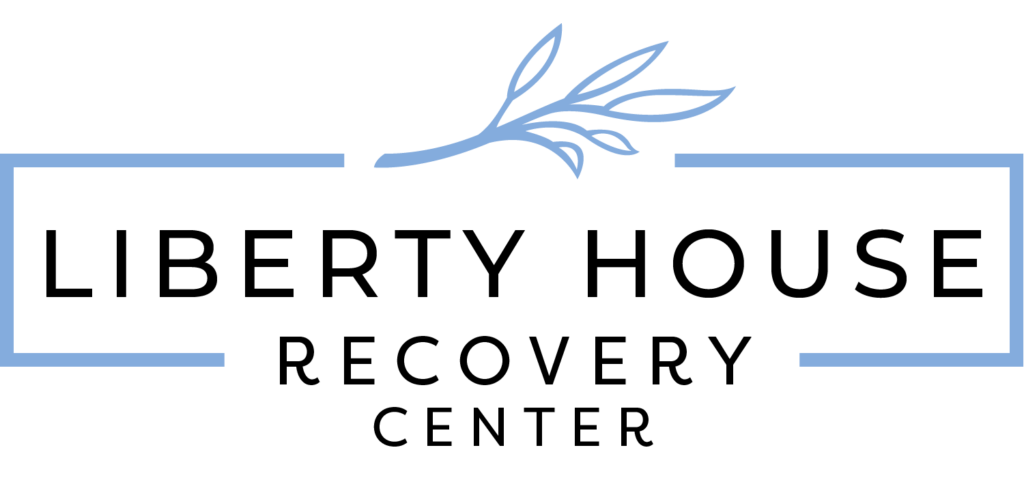Today, we know that addictions represent complex diseases that, to some extent, have environmental and genetic factors. It’s common for individuals struggling with addiction to struggle with chronic addiction or relapse. Several genetic studies have focused on the neurobiology of addiction to help identify the best forms of prevention and treatment.
Addiction is a worldwide problem, with some estimates reporting that over seventy-three million people around the world struggle with alcohol abuse and over one hundred eighty billion with drug addiction.
Neurobiology of Addiction: The Dangerous Cycle
The neurobiology of addiction has found that there are three key parts to the addiction cycle:
- Craving
- Intoxication
- Withdrawal
Craving is a category also referred to as preoccupation or anticipation, where an individual becomes completely preoccupied with obtaining and using more of their addictive substance.
Impulsivity and positive reinforcement because of neurological changes in the brain due to drug and alcohol abuse are the primary drivers behind this part of the cycle. Negative reinforcement dominates the brain and makes changes in genetic expression in the reward center, which helps to form a habit and continue despite any negative effects.
These changes to genetic expression take place, particularly in the striatum part of the brain, which is responsible for relapse.
Liberty House Recovery is an inpatient drug rehab in Michigan that can help with addiction and substance use disorders.
Genetics of Addiction
Science into the neurobiology of addiction, genetics of addiction, and other environmental variables has revealed that addiction can be moderately to highly inherited on a genetic basis. Twin studies, adoption studies, and other family studies reveal that there is a degree of genetic relationship for certain addictions.
For example:
Alcohol Addiction
ADH1B, or Alcohol dehydrogenase, and ALDH2, or mitochondrial aldehyde dehydrogenase, are responsible for metabolizing alcohol. So, when these are altered (or expressed differently), they can lower or raise activity, which can reduce negative symptoms of alcohol consumption.
Cocaine
HIST1H2BD is a gene identified with cocaine addiction. If your family has this gene in their family genome, it can put you at a higher risk of developing a cocaine addiction should you ever try cocaine.
MAOA, SLC6A4, COMT
These three genes are heavily associated with your ability to handle stress. If you have these genes, you might respond differently to stressful situations, which could change how your brain responds to stress and addiction.
Stress and Genes
New science has revealed that environmental factors like stress can induce epigenetic changes, and these epigenetic changes can trigger the development of addiction.
Epigenetic changes happen when the regulation of your gene expression is altered because new information is added to an existing genetic material.
For example:
John consumes alcohol on a somewhat regular basis. He has a stable job, he owns his home, and he has a loving family. He drinks at barbecues, parties, dinners, and other celebrations but usually no more than one or two glasses of wine or a beer. He never has a problem with his alcohol consumption.
A few months later, John’s spouse unexpectedly dies, and this releases glucocorticoids, a stress hormone that triggers changes throughout John’s body, including the regulation of how his genes are expressed in his brain.
These stress hormones rewire the circuitry in the reward center of his brain, so now, when John starts drinking, he finds that he’s unable to stop, and he ends up continuing to drink despite the fact that it has negative ramifications in his life like losing his job and struggling financially, and not being there for his children.
After a basic outpatient rehab program for alcohol addiction, when John continues to face significant stresses in his life, he struggles with relapse.
Getting Help to Tackle the Genetics of Addiction
In cases like John’s, our Michigan luxury drug and alcohol rehab can help reduce stress and stress-induced epigenetic changes. Stress cannot be avoided in life, but how an individual chooses to respond to it can. Our targeted addiction treatments are based on the neurobiology of addiction and the way in which addiction changes the reward system of the brain.
With Liberty House, clients benefit from our whole-person approach that incorporates evidence-based practices such as psychotherapy and holistic treatments. Things like exercise can help reduce negative feelings, while medication and cognitive behavioral therapy might be beneficial to prevent or change behaviors brought about by epigenetic alterations.
Overall, the neurobiology of addiction has found several links to genetics. The genetics of addiction can put individuals at a heightened risk of developing addiction should they try specific substances, while other genes can alter genetic expression in response to stress.
Call our team today to get a personalized recovery program that takes your genetics and environment into account.



